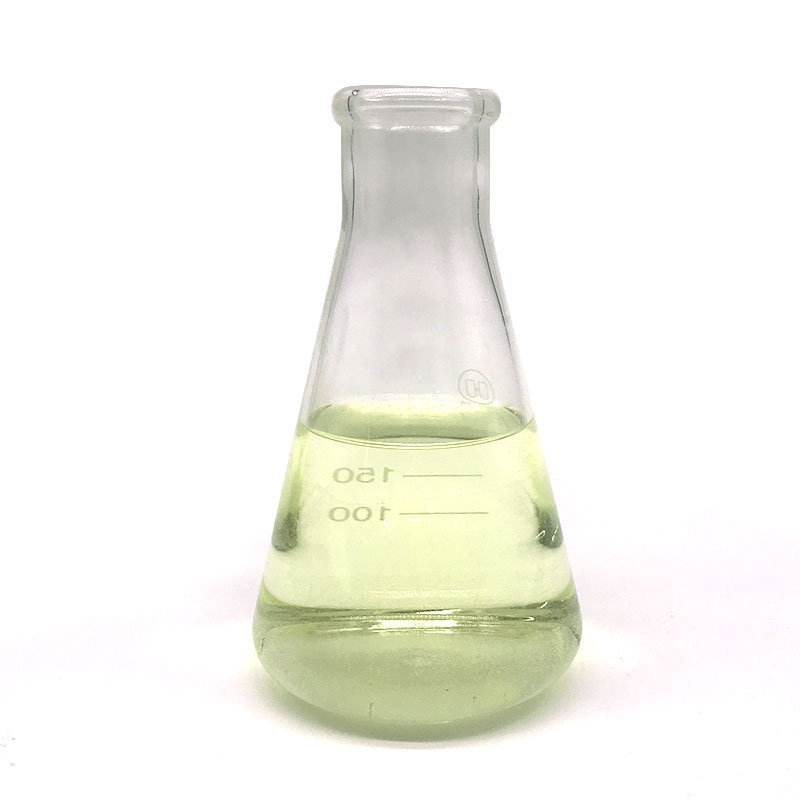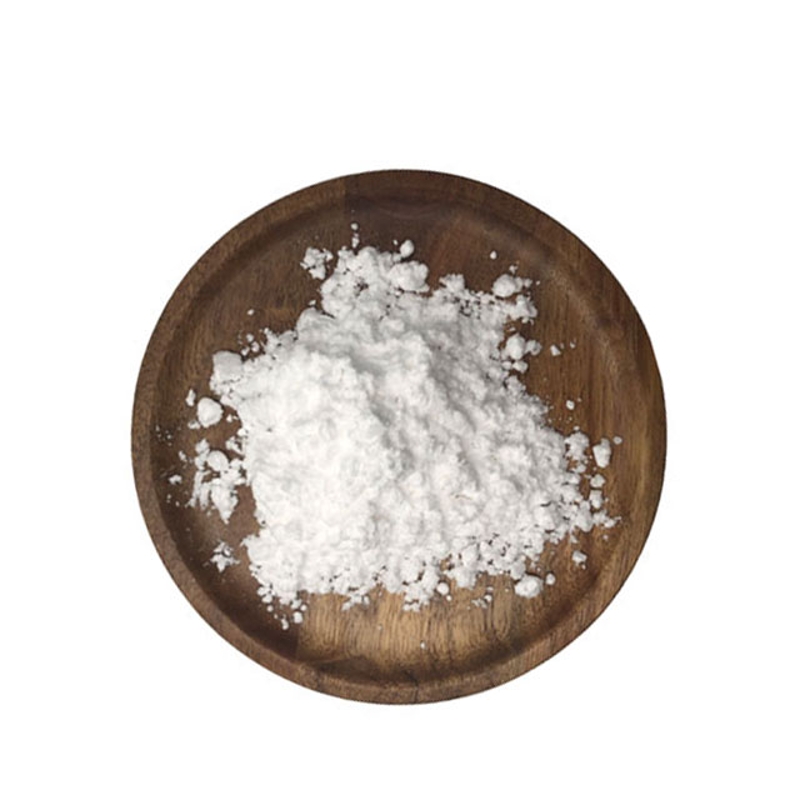-
Categories
-
Pharmaceutical Intermediates
-
Active Pharmaceutical Ingredients
-
Food Additives
- Industrial Coatings
- Agrochemicals
- Dyes and Pigments
- Surfactant
- Flavors and Fragrances
- Chemical Reagents
- Catalyst and Auxiliary
- Natural Products
- Inorganic Chemistry
-
Organic Chemistry
-
Biochemical Engineering
- Analytical Chemistry
- Cosmetic Ingredient
-
Pharmaceutical Intermediates
Promotion
ECHEMI Mall
Wholesale
Weekly Price
Exhibition
News
-
Trade Service
Recently, the National Health And Wellness Commission, the Hospital Administration issued a "notice on doing a good job in 17 national health insurance negotiations on the use of anti-cancer drugs" (hereinafter referred to as the "Notice"). The Notice states that hospitals shall not influence the supply guarantee and reasonable demand for drugs negotiated on the grounds of general control of medical expenses, total control of medical expenses, "proportion of drugs" and limitation of the number of drug varieties.
, the document makes it clear that hospitals should use negotiated drugs rationally in accordance with relevant medical norms, guidelines, etc., and raise the level of rational drug use. This means that the health care commission is releasing a signal that 17 negotiated anti-cancer drugs are not subject to the proportion of drugs, the total cost of health care and so on. According to the standard diagnosis and treatment process, medical institutions will be able to "open up the use" of these 17 anti-cancer drugs.
fact, in terms of the proportion of drugs, the first two rounds of drug price negotiations are not included in the drug proportion, but a separate accounting. The drug price negotiations by the more powerful "super health insurance bureau" led, and in line with the requirements of lower drug prices at the top, it can be seen that more efforts, follow-up policies will certainly be more secure landing.
the State Health and Safety Administration is responsible for formulating a system of supervision, performance evaluation and evaluation of the operation of public hospitals. At this time by the HA voice, can directly 17 kinds of anti-cancer drugs in the normal use of the hospital in place. This allowed the 17 negotiating products to run the "last kilometre" and usher in a major upt?1. The National Health and Health Commission issued a statement
Although not explicitly "cancel the proportion of drugs", but the health care commission's statement has released a clear signal.
In the previous two rounds of drug price negotiations, the final "negotiating products do not include the proportion of drugs" by the provincial (city, district) level health planning committee took the lead in the beginning, all over the response, and finally to the whole country. This time by the National Health And Wellness Commission directly issued a message, which can reduce the response time difference, directly in the country will be "not accounted for the proportion of drugs" put in place.
"Notice" first said that the anti-cancer drug negotiations are the implementation of the State Council "to urge the promotion of anti-cancer drugs to speed up price reduction" requirements of important measures. Health administrative departments and hospitals at all levels should deeply understand the importance and determination of the CPC Central Committee and the State Council to reduce the burden of drug use by patients, and attach great importance to the use of 17 negotiated drugs in medical institutions.
In ensuring that hospitals are equipped with and use negotiated anti-cancer drugs, the Notice sets out the following specific requirements:
1, the provincial health administrative departments should urge all registered oncology departments in the jurisdiction of the three-level general hospitals and oncology specialist hospitals at all levels, according to clinical needs and diagnosis and treatment capacity, timely equipped with negotiated drugs, optimize the drug structure, the negotiation of drugs into the hospital's prescription set and basic drug supply directory;
2. Hospitals shall not influence the supply guarantee and reasonable drug demand of negotiated drugs on the grounds of general control of medical expenses, total control of medical insurance costs,
"proportion of drugs" and limitation of the number of drug varieties, etc.;
The implementation of the situation will directly affect medical institutions: First, the provincial health administrative departments should be equipped with hospitals and the use of negotiated drugs, as whether the hospital to implement the corresponding functional positioning, whether to have the corresponding diagnosis and treatment capacity, whether to adapt to its hospital grade and other important reference indicators.
Second, to affect the patient's drug demand, the corresponding hospitals should take measures such as reducing the size of the corresponding oncology specialty, limiting the volume of business, reducing the hospital, lowering the hospital level, assessing and evaluating the non-conformity, etc., until its rectification is in place.
health care commission said the hospital will have until November 30, 2018 to implement the negotiations on drug provision. The provincial health and health administrative departments should strengthen the supervision of the use of negotiated drug equipment, grasp the progress of the work of all registered oncology departments in the district, and the oncology specialist hospitals at all levels, and pass on the progress schedule to the HA by 17:00 every Thursday. Provinces and hospitals that have not been well implemented shall be informed and interviewed throughout the country.2. Implementation
On October 10, 2018, the State Health Insurance Administration issued the Notice on the Inclusion of 17 Anti-Cancer Drugs in the National List of Basic Medical Insurance, Industrial Injury Insurance and Maternity Insurance Drugs Category B, and 17 anti-cancer drugs participating in drug price negotiations were officially launched. The State Health Insurance Administration requires provincial (district, city) drug centralized procurement agencies to publicly register negotiated drugs on provincial drug centralized procurement platforms by the end of October 2018, and to start implementing them by the end of November.
responded quickly everywhere. Hubei and Sichuan issued a notice on the same day, the procurement of 17 kinds of anti-cancer drugs to make arrangements. The next day, Fujian included 17 anti-cancer drugs in the provincial health insurance drug catalog category B, to determine the proportion of individual out-of-home payment is 30%, of which nilotinib, octreotide two drugs of the individual out-of-payment ratio of only 10%. On October 25, nine cities in Fujian were simultaneously executed, and lung cancer patients were successfully reimbursed for their drugs on the first day, Xinhua reported.
this time, Beijing, Zhejiang, Sichuan, Hunan, Inner Mongolia, Ningxia and other places have officially issued a document, one after another issued the relevant landing documents, announced in November to formally implement the results of the national health care negotiations.
recently set up in various parts of the provincial health care bureau will be 17 anti-cancer drugs into the provincial health insurance directory, and as the local health insurance bureau after the formation of the first thing and the first document.
November 11th, Heilongjiang's newly established provincial health care bureau announced that 17 national negotiated anti-cancer drugs would be included in the scope of medical insurance reimbursement, and clarified the medical insurance payment standards for 17 drugs, limiting the scope of payment and the validity of payment standards. It also requires the establishment of "two-channel" safeguards in various places, and insured patients can be purchased and used in hospitals and outpatient clinics by prescription, or at fixed-point retail pharmacies.
addition, Jilin and Guangdong will today officially start to implement the 17-product health insurance payment standards, and encourage patients to health insurance fixed-point retail pharmacies to buy products. Among them, Guangdong proposed that the state negotiate drug procurement and use as an assessment index of medical institutions, and the pre-allocation of medical insurance funds linked.
shanghai was the first city to propose negotiations on the non-inclusion of anti-cancer drugs. On November 19th, Shanghai Sunshine Pharmaceutical Procurement Network issued a notice to include 17 negotiated anti-cancer drugs in the list of medical insurance Category B, clearly "the use of each designated medical institution through the medical insurance access negotiations into the 17 drugs, the relevant departments in the management of differential treatment with other drugs, temporarily not included in the scope of total medical insurance control, not included in the proportion of drugs control, not the implementation of the average cost assessment." According
, nearly 20 provinces (municipalities and districts) have responded to the outcome of the negotiations with the National Health Insurance Administration.
for medical institutions, the "drug ratio" is still hanging over the head. Most of the 17 anti-cancer drugs negotiated are innovative high-value high-priced products with long patent terms, although they have entered the medical insurance reimbursement catalogue, but under the control of the total cost of drugs, there is still a lot of resistance in the "hospital" link. From the experience of drug price negotiations in the past, "drug proportion" is almost the only factor limiting the amount of products negotiated.
, but with the "notice" landing, the negotiating varieties will not be affected by health care charges, the overall release will speed up. 3.17 negotiating products are significantly good
there is a guarantee of hospital volume, for 17 negotiating products is a direct good.
for enterprises, the ultimate goal is to achieve price-for-volume in drug price negotiations. On July 19, 2017, the negotiations on the price of medical insurance, led by the Ministry of Health and Social Affairs, identified 36 varieties of price reductions to enter the health insurance catalogue, which began on September 1. By the end of 2017, most provinces, districts and municipalities directly under the Central Government had implemented them.
According to Ping An Securities Research, due to different provinces and cities in the implementation of the new version of the health insurance catalog progress, the fourth quarter of 2017 has actually seen a large increase in sales, to Q1 2018, the negotiation variety sales began to surge, and in the second quarter to maintain a high growth rate.
PDB sample hospital data show that in 2018 Q1, Xinlitai Alishatan esters (240 mg specification) sales increased by 9992% YoY, micro-core biosidharbenamine sales increased by 28500% YoY, Andersen Pharmaceuticals' sales of Lin nitrosamine increased by 6137% YoY. Sales eventually showed a positive surge. In 2018 Q1, Alishatan esters (240mg) sales increased by 7362% YoY, Linnithazole increased by 4775%, Novarma's Evimos increased by 2008%, etc.
domestic varieties or imported varieties, except for a small decline in individual varieties, sales growth is obvious. This means that the 36 products entering the negotiations are basically price-for-volume.
second round of drug price negotiations began in the fourth quarter of 2017, gradually showing a price-for-volume trend. At this point, the policy requirements are only one month apart from the start of implementation. This shows that the market's desire for clinically in urgent need of products, to ensure the rapid release of negotiated products.
Has the previous experience, coupled with this is led by the National Health Insurance Administration negotiations and centralized procurement, the National Health and Safety Commission personally sent a message to ensure the reasonable use of negotiated drugs, not the total control of medical costs, total medical insurance costs control, "drug proportion" restrictions. 17 varieties of the next market performance is worth looking forward to! (E drug manager)







